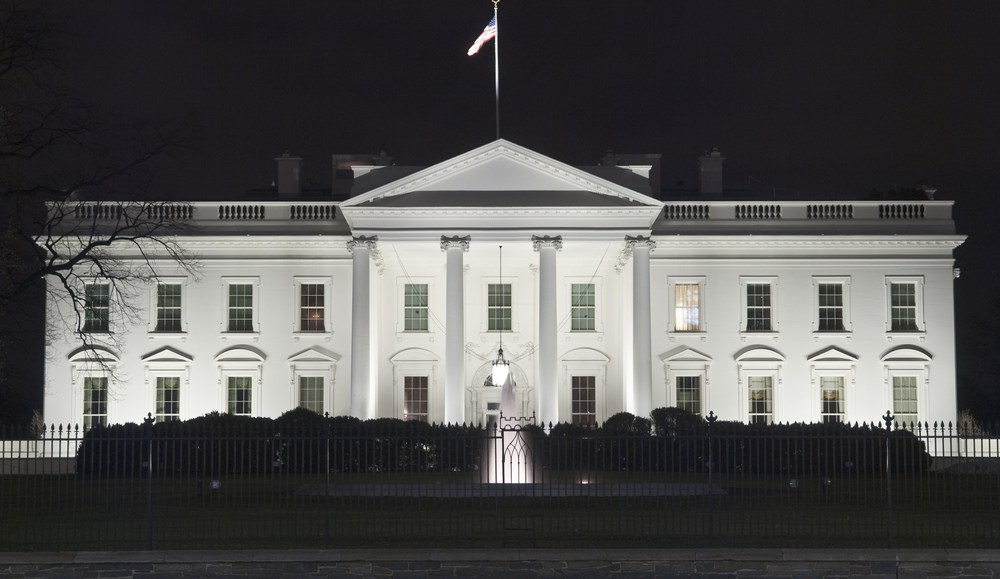
When Washington gathers some of the biggest companies in digital advertising to combat online piracy, one would think the combined influence of the players involved could effect real change. But a partnership announced Monday between the White House and eight ad networks – including those run by AOL, Google and Microsoft – may do little to change the status quo, say the very people involved.
The core of the agreement is a commitment by the ad networks – some big, some small – to install procedures meant to ban sites facilitating online piracy and counterfeit sales from their networks. The agreement is loose to begin with, and what’s more, all eight networks are either accredited or awaiting accreditation from the Interactive Advertising Bureau’s Quality Assurance Guidelines Initiative, a more robust program with similar aims.
The White House agreement consists of a voluntary set of guidelines that the networks pledge to abide by. “An ad Network may take steps including but not limited to requesting that the website no longer sell counterfeit goods or engage in piracy,” the agreement reads. Under it, networks may also resort to “ceasing to place advertisements on that website.” The key word is “may.” None of the measures are binding,
There are also plenty of built-in outs. The networks, for instance, can keep ads running on sites engaging in piracy if those sites have “substantial non-infringing uses.” Also, the agreement lets networks simply remove ads from pages engaging in piracy, while leaving ads running on the rest of the site. The agreement places the onus on the rights holder to notify the networks about pirated content, not requiring the networks to monitor the content themselves. The agreement “cannot, be used in any way as the basis for any legal liability.” The agreement excludes ad servers and ad exchanges.
The agreement may not be not much of an agreement at all.
“An incremental step forward that addresses only a narrow subset of the problem and places a disproportionate amount of the burden on rights holders is not sufficient,” is how former Sen. Chris Dodd has described it. “Absent meaningful proactive steps by players in every sector, the results will be similarly incremental,” Dodd, now the head of the Motion Picture Association of America, wrote in response to Monday’s announcement.
Others involved agree that it is difficult to imagine the White House agreement making much of an impact on piracy, especially given that the participating networks are all collaborating with the IAB in similar ways already. Reached via email, an AOL spokesperson described the minimal impact the agreement will have on their current processes, given that AOL is already accredited under the IAB’s Quality Assurance Guidelines Initiative.
“We already were accredited under the IAB Quality Assurance Guidelines Initiative, and we already were voluntarily denying some sites that appeared to exist solely for the purpose of distributing pirated content,” wrote the AOL spokesperson. “As such, none of our quality-assurance review processes or our systems or technology needed to be changed because they were already essentially in compliance with the best practices.”
Google, also reached for comment, said that the agreement will cause it to implement a “more standardized complaint process, and adjusting any procedures as becomes necessary.” AOL said it would act similarly. “We have further streamlined our processes,” the spokesperson said.
Jonathan Taplin, the director of USC Annenberg’s Innovation Lab, more or less dismissed the IAB program as “basically to try and take some heat off their members.” The White House, he added, “is trying to show that it’s trying to be responsible around this issue, but it’s also very careful not to do anything that would get Google angry.”
Still, Taplin said that the White House’s involvement, even if does not change all that much, was helpful. “From my point of view,” Taplin said, “any time the bully pulpit of the White House is used to make behavior a bit better is probably a good thing.”
IAB president Randall Rothenberg lauded the White House’s move as well. “To have the White House stamp of approval is critical as part of the evolution of the IAB Quality Assurance Guidelines and the industry as a whole,” he said.
But whether this is anything more than a rubber stamp remains open for debate.
Image via Shutterstock
More in Media

Meta AI rolls out several enhancements across apps and websites with its newest Llama 3
Meta AI, which first debuted in September, also got a number of updates including ways to search for real-time information through integrations with Google and Bing.

Walmart rolls out a self-serve, supplier-driven insights connector
The retail giant paired its insights unit Luminate with Walmart Connect to help suppliers optimize for customer consumption, just in time for the holidays, explained the company’s CRO Seth Dallaire.

Research Briefing: BuzzFeed pivots business to AI media and tech as publishers increase use of AI
In this week’s Digiday+ Research Briefing, we examine BuzzFeed’s plans to pivot the business to an AI-driven tech and media company, how marketers’ use of X and ad spending has dropped dramatically, and how agency executives are fed up with Meta’s ad platform bugs and overcharges, as seen in recent data from Digiday+ Research.





